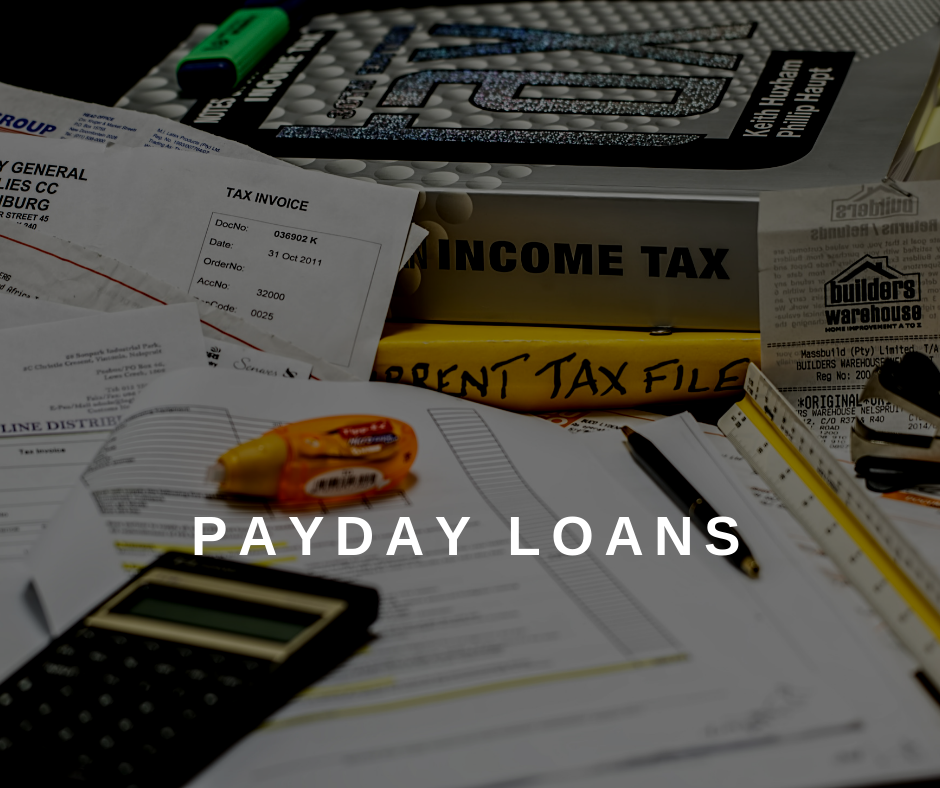
The rapidly growing and widespread anxiety about the economic future acknowledges the essential role that savings play in building the financial strength of low income households. Because of their highly vulnerable financial positions, limited income families in Sweden are often exposed to unexpected economic circumstances that are too difficult for them to handle.
The most troubling part is that most of them do not have savings to draw on during critical emergencies. Moreover, they only have limited access to valuable lending services, such as loans from banks and personal loans for people with bad credit. Hence, while it may be a struggle, these households need to save to gain a more stable financial footing. Fortunately, there are some painless and safe ways to save money.
Saving Leftovers
Even if households have adequate access to a wide range of financial sources such as personal loans for people with bad credit, if they do not have the skills to save, they will not be able to build financial resilience in the future. Recycling food by turning it into a whole new meal not only reduces food waste, it also helps households save a considerable amount of money. A clever way to make tempting food out of leftovers is to search some great recipes online. Today, a number of websites offer lists of creative recipes that give twist to anything, from traditional breakfast scramble to dinner steak. One thing to keep in mind, however, is that once leftovers have already been recycled, it is no longer healthy to take them again the next day.

Avoid Impulse Buying
While majority of the average consumers in Sweden use financial products such as samla lån och krediter to weather unpredictable expenses, some are taking out loans to cover overspending or pay for luxuries and other impulse and non-essential purchases. It may be because retail stores are using sales techniques to influence the behavior of shoppers and lure them into impulse buying. Impulse purchases may be fun but they can threaten a family’s finances. In fact, spending too much, especially on non-essentials can have a crippling impact on the ability of many households to reach their financial goals. The easiest way that consumers can do to avoid things that can trigger their spending impulses is to create a shopping list and stick to it. A conventional grocery list offers a more disciplined approach that enables consumers to reduce waste and carefully weigh their purchases.
Stay Away from Debt Traps
The availability of lending services such as personal loans for people with bad credit plays a significant role in helping households escape from the weight of unforeseen crises. In a market where banks remain unwilling to grant personal loans for people with bad credit, a good access to alternative financial opportunities is a growing necessity. Consequently, online players that offer personal loans for people with bad credit have emerged as an alternative option to traditional bank loans. Although this emergence appears to be beneficial to borrowers seeking personal loans for people with bad credit, it has given birth to lending abuses and other exploitative practices that potentially threaten the capacity of many households to protect and save their finances. To remain financially safe, credit consumers must stay away from high-cost loans and other forms of predatory debt traps.


